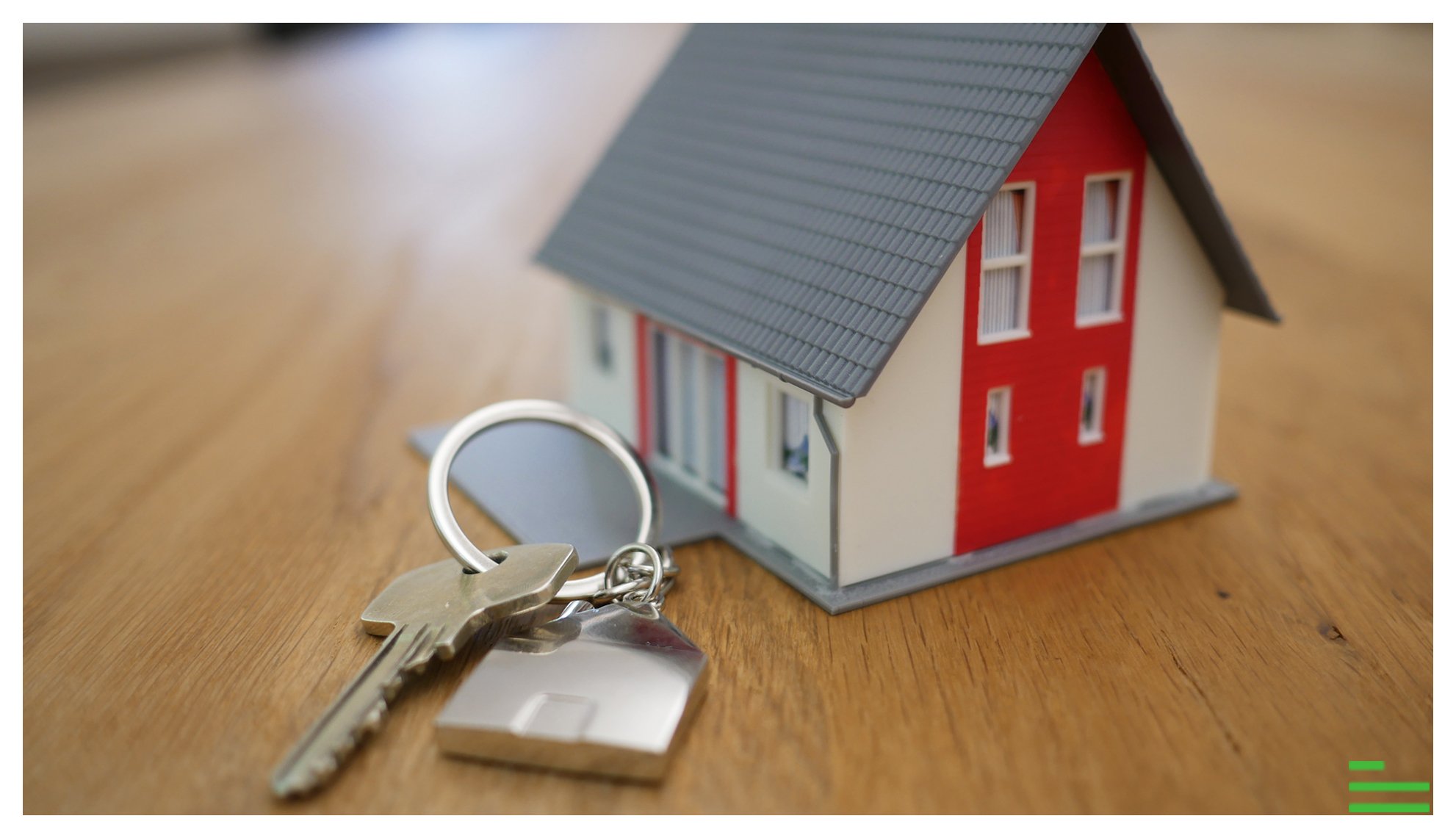As the millennial generation comes into its own, you might hear a lot of advice about becoming financially smart and making your money work for you. Real estate investments are often cited as one of the best ways to open up additional revenue streams. Here are three common ways to get started in the real estate scene.
The ‘fix and flip’ method can be a great way to get started in real estate if you’d like to gain a real hands-on learning experience with both the unpredictable market and the hard work of improving a property. It’s a high risk, high reward proposition that also requires considerable involvement, which you might find appealing as a full-time occupation.
There’s a reason why house flipping has become so popular – besides becoming a staple of reality TV entertainment. You make a smart decision on buying property at a low price, put in the effort to increase its value, and sell high to realize profits. There’s a lot of potential for personal satisfaction and financial reward with this option.
However, flipping can require a lot of knowledge and research – along with great credit and a lot of capital. You need to study the value of properties in specific locations, develop an extensive network of buyers, sellers, and contractors, and polish up your negotiation skills. And you’ll need to consult with experts on financing and taxes, too – you wouldn’t want to miss out on the opportunity to qualify for a 1031 tax deferred exchange if it’s possible.
Wholesale
An alternative approach to entering the real estate market is wholesaling. If you don’t have sufficiently good credit or access to the sort of capital required for flipping, wholesale business can be a great way to gain experience with the real estate investment scene while also turning short term profits. While you’ll still need to secure a method of financing, less capital is needed to get started as you often won’t be the actual owner of a property, but serving instead as a middleman.
The basis of wholesaling lies in being able to reliably locate and identify properties selling for below market value, and match them with trusted cash buyers. While you don’t need to be a licensed real estate broker to get involved in wholesaling activities, obtaining a license can be very helpful in your networking efforts. The key to success in wholesaling is all about building a solid buyers’ list, and more opportunities will be available if you are licensed.
Buy/hold
If you prefer a long term real estate investment strategy, buy/hold might be ideally suited to you. This entails purchasing a property with an eye toward selling it in the long term should the value appreciate considerably, but in the short term, you’ll be making money from renting out the property.
Doing your due diligence and researching the market value of your property and location applies to buy/hold as with any other real estate venture. However, you’ll be relying more on occupancy to drive income. Thus, your level of risk is not as high compared to flipping, and you are not dependent on a steady pipeline of sellers and buyers as with wholesaling. On the other hand, you’ll need good credit to obtain the necessary financing, and your potential short term profits are moderate. A common tactic is to buy multiple family units, live in one and rent out the others, thus covering your own housing needs.
Pick the method that suits you best, obtain the necessary financing, and you can start building your detailed plan towards real estate success.
